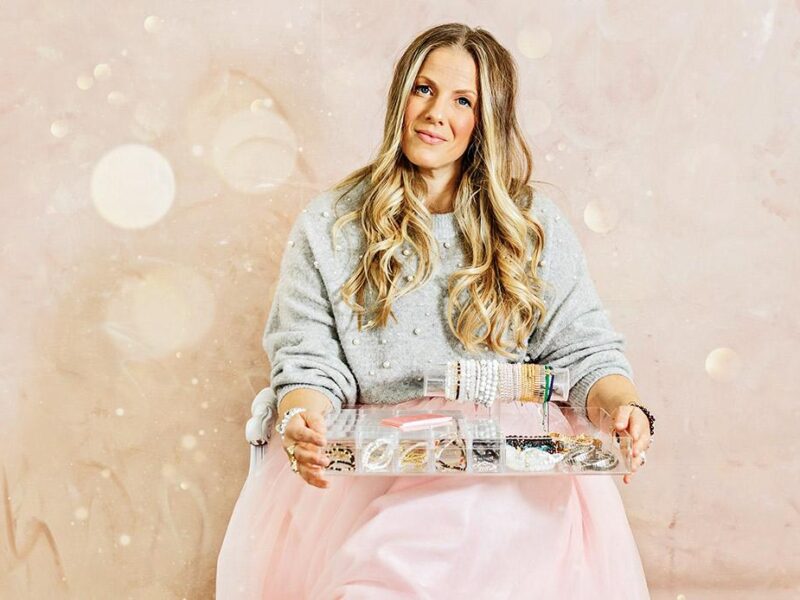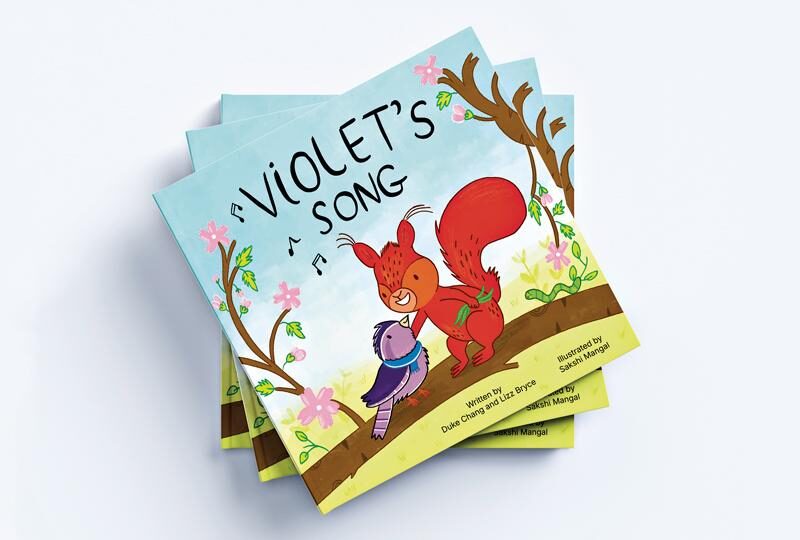I love you and…
We often take it for granted as parents that our kids know why we correct and discipline them. We assume that they have the same basic understanding of the world as we do and that our job is mostly a matter of helping their actions match up with that understanding.
The truth is that kids aren’t always aware of the bigger reasons why we approve of certain behaviours and disapprove of others. They aren’t always able to see the implications of their actions, so our decisions sometimes seem arbitrary to them, even unfair.
This is why I think a big part of disciplining children positively involves explaining clearly why I’m disciplining at all. I try to begin by saying, “I love you,” because if my discipline can’t begin with that assurance, then it probably isn’t helpful to the child anyway.
Then I try to explain the bigger principle behind why my love requires me to correct them. “I love you,” I might say, “and I want you to have good relationships with your friends, so I need to teach you how to treat people properly.”
Once we’ve established that context, we can deal with the specific issue that needs correction – the hitting, or the name-calling, or whatever. I can tell them, “When you hurt someone’s feelings by calling them names, it’s hard for them to trust that you’ll be a good friend to them. If you want to have good friends, then you need to be a good friend.”
Hopefully this process helps them learn that it isn’t the name-calling that matters so much as how it makes people feel, helps them learn that friendship involves being concerned for other people’s feelings, and helps them learn that my correction of their behaviour comes out of a desire to see the best for them, because I love them. I find they’re much more likely to respond positively to this kind of correction than to some unexplained rule, and they’re also better able to make good choices in situations that the rules don’t seem to cover.
Luke Hill is a stay-at-home father of three boys, aged nine, seven, and three. He has fathered, fostered, adopted, or provided a temporary home for kids anywhere between birth and university. He has taught college courses, adoption seminars, camp groups, Sunday School classes, rugby teams, not to mention his own homeschooled kids.





